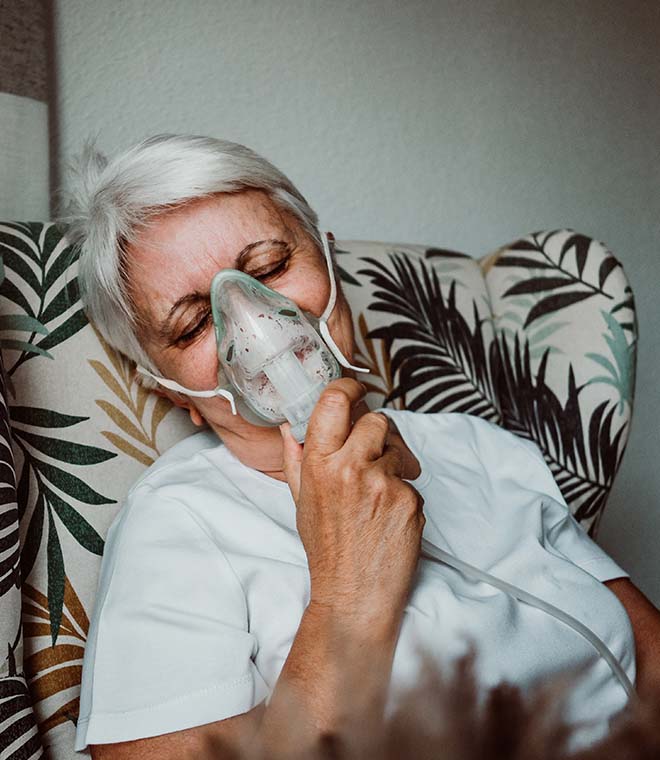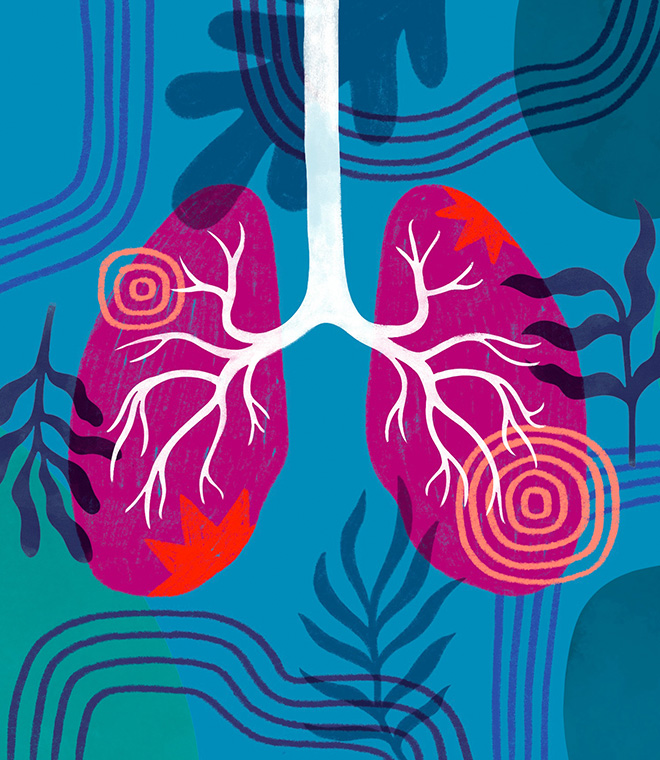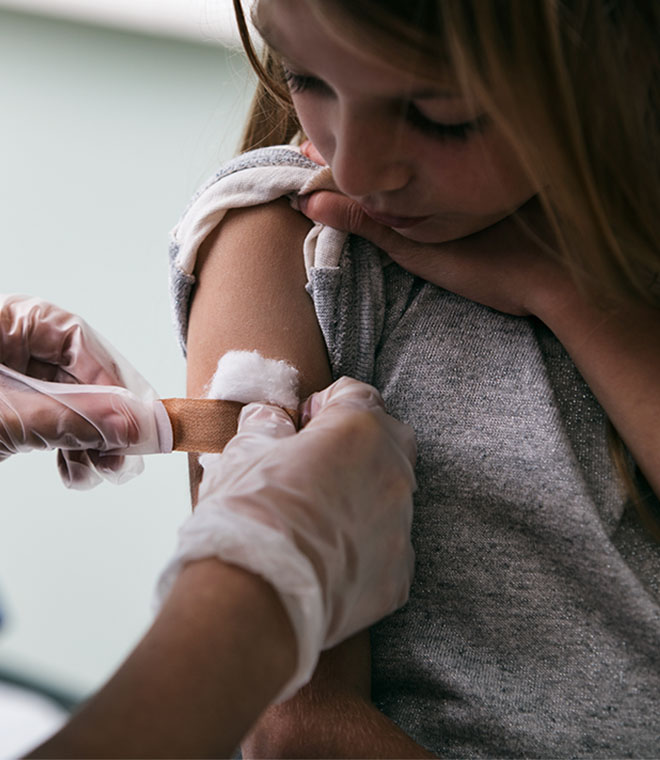Health
Are you immunocompromised?
By Nancy Kupka, PhD, RN Jul 24, 2022 • 5 min.
People who are immunocompromised might be at higher risk for severe illness from coronavirus disease 2019 (COVID-19), according to the Centers for Disease Control and Prevention (CDC).
But what makes you immunocompromised? Find out what is considered immunocompromised and what actions you can take to protect yourself from getting sick during the COVID-19 pandemic.
Defining immunocompromised
The immune system's job is to protect you from harmful substances, such as bacteria, viruses and fungi (pathogens) that could make you sick. When a healthy immune system detects a disease-causing pathogen, it responds by producing antibodies and activating immune cells to attack the microorganism. This response keeps you from getting sick or helps you heal if you become ill. People who are immunocompromised have weakened immune systems. A person with a weakened immune system cannot set off an adequate immune response. This reduces your ability to fight off infections and other disease-causing changes in the body.
What causes a weakened immune system?
You can be born with a compromised immune system, such as in genetic conditions; however, there are other factors that can cause you to become immunocompromised. These can include:
- Certain diseases and conditions, such as diabetes, cancer, human immunodeficiency virus (HIV), acquired immunodeficiency syndrome (AIDS) and some genetic disorders
- Certain medications and treatments. These can include anticancer medicines and radiation therapy, and prolonged use of corticosteroids and other immune-weakening medications. Having a bone marrow, stem cell or organ transplant also weakens your immune system.
- Aging—the immune system becomes less effective as you age
- Pregnancy
- Smoking
- Significant alcohol intake
- Malnutrition
Some factors only weaken your immune system temporarily, such as during pregnancy or treatment with certain medications. Your immune system can also weaken for a brief time when you're sick with an infection, such as the flu or measles.
What's the difference between immunocompromised vs. immunosuppressed?
Immunocompromised and immunosuppressed have the same meaning. The terms can be used interchangeably.
Am I immunocompromised?
If you aren't sure if you're immunocompromised, talk to your healthcare provider. They can let you know if you have a disease or condition, use medications or have any other factors that weaken your immune system. They can also let you know how long it will take your weakened immune system to recover, if possible.
How can I protect myself from COVID-19?
If you are immunocompromised, illnesses such as COVID-19 may be harder for your body to fight off. The best way to prevent COVID-19 illness is to avoid exposure to the virus. Take these steps to protect yourself:
- Avoid close contact with people
Respiratory illnesses spread between people who are in close contact with each other. When an infected person coughs, sneezes or talks, they produce respiratory droplets. These droplets can land in the mouths or noses of people who are nearby, or possibly be inhaled into their lungs. Stay home as much as possible to avoid others. When you must be around people, put distance between yourself and them and wear a KN95 or medical mask if you are indoors, in a poorly ventilated area or in a crowd.
- Clean your hands often
Wash your hands with soap and water for at least 20 seconds. Always wash your hands after being in a public space, coughing, sneezing or blowing your nose. When soap and water aren't available, use an alcohol-based hand sanitizer that contains at least 60% alcohol. Make sure to cover all surfaces of your hands with the sanitizer. Then rub your hands together until they feel dry. Do not touch your eyes, nose or mouth with unwashed hands.
- Follow the advice of your healthcare provider
Continue all medications and treatments as directed by your provider.
- Talk to your healthcare provider about vaccinations
The CDC recommends that people with compromised immune systems be vaccinated against COVID-19, influenza, pneumonia and other illnesses. Ask your provider if you're up to date on vaccines.
If you're immunocompromised, know that there are ways to protect yourself. Be sure to contact your healthcare provider if you have concerns about your condition or if you feel sick.
Clinically reviewed and updated May 2022.
Sources:
- https://blog.dana-farber.org/insight/2020/03/what-does-it-mean-to-be-immunocompromised/
- https://www.cancer.gov/publications/dictionaries/cancer-terms/def/immunocompromised
- https://www.hopkinsmedicine.org/health/conditions-and-diseases/disorders-of-the-immune-system
- https://www.niaid.nih.gov/research/immune-system-overview
- https://www.ncbi.nlm.nih.gov/pmc/articles/PMC4590613/
- https://medlineplus.gov/ency/article/000821.htm
- https://www.ncbi.nlm.nih.gov/books/NBK279364/



